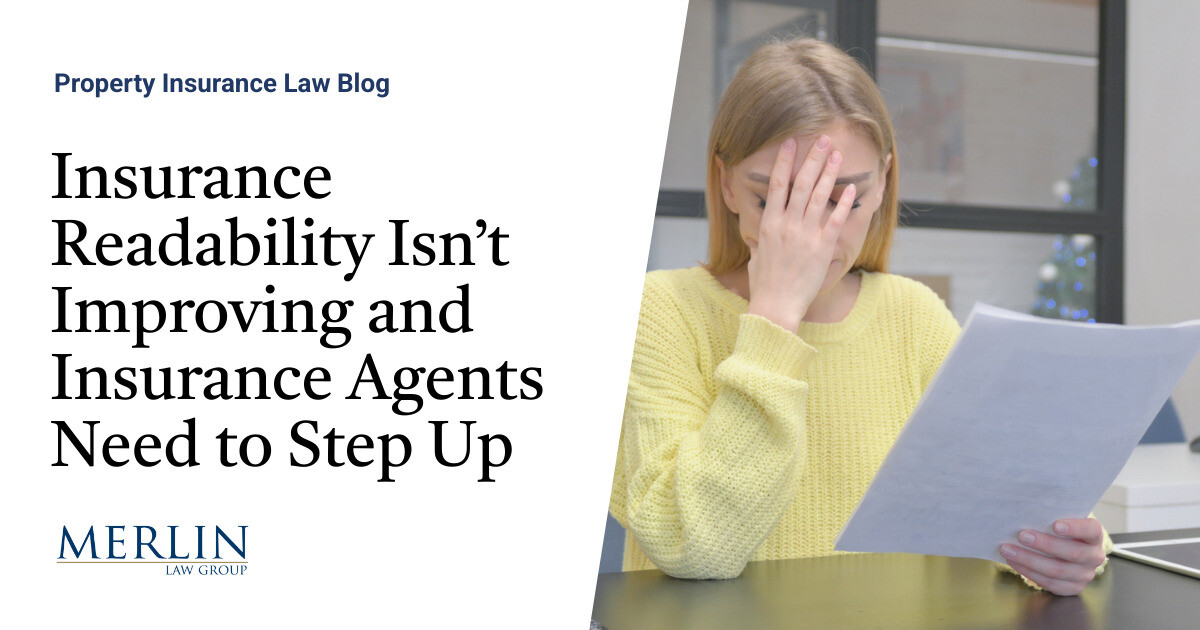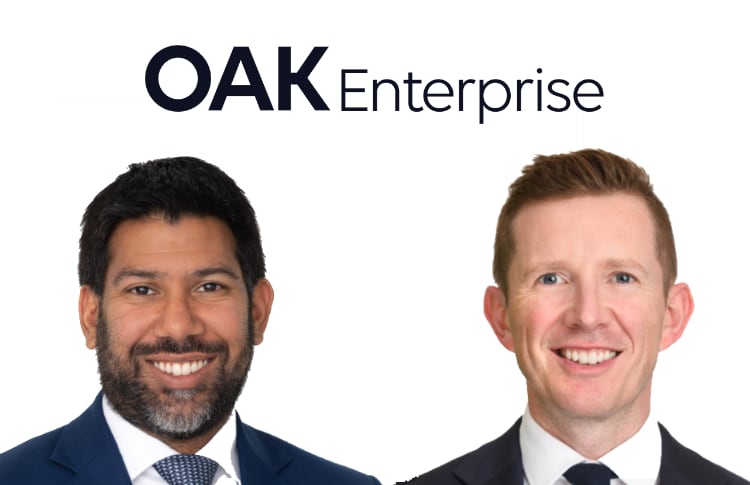
Private mortgage insurance, or PMI, is a type of insurance that is used when you are in the home-buying or financing processes.It can be quite costly if you are required to purchase it, but you may be able to get rid of it or even avoid it altogether.What is private mortgage insurance? Unlike most kinds of insurance, PMI does not help you if something goes wrong.
It won’t prevent your credit score from falling if you miss mortgage payments, and it won’t save you from foreclosure.Instead, PMI acts as a cushion of protection for your mortgage lender.Basically, it works when you, the borrower, pay a monthly premium to your private mortgage insurer, and it’s then paid out to your mortgage lender if you default on your home loan.
How much is private mortgage insurance? On average, you can expect PMI to cost roughly 0.5% to 2% of the cost of your loan.This can be influenced by several factors including the size of your loan and downpayments, your credit score, and the type of mortgage you get.The bigger your loan, the higher your PMI will cost you.
Similarly, the more you pay on your downpayment, the less your PMI will cost you because the total loan amount will decrease by however much the downpayment is.Your credit score can help you get a lower PMI rate as well, especially if it’s over 760 points because you’re thought to be less likely to default on the loan.Whether you get a fixed-rate or adjustable-rate mortgage also plays a role in determining your PMI rate because adjustable-rate mortgages can actually cause your PMI to increase as it is thought to be a riskier option.
This can seriously affect your home-buying and financing because the premium you pay for PMI is usually added to your monthly mortgage payment.This can average an additional $100 to $400 per month.When is private mortgage insurance required? PMI is required when you take out a large loan with a higher interest rate.
Lenders have more to lose when larger loans are taken out, and they want some form of protection in case the borrowed money isn’t returned, which is where PMI comes in.Therefore, it should be no surprise that smaller, conventional loans with smaller down payments usually don’t require PMI because lower loans are lower risk to them.VA loans and loans backed by the Federal Housing Administration (FHA) have a different kind of mortgage insurance system required that doesn’t rely on PMI to protect the borrowed amount.
Instead, they have “funding fees” or a separate kind of mortgage insurance that comes with upfront annual fees.However, there are some loan types, like physician loans, that don’t require PMI.This is likely a result of several different factors that are unique to medical professionals.
Physicians generally have high-income potential.They are expected to be able to make a lot of money through a revenue stream that has a very low chance of failing.Doctors will likely always be needed, so a physician’s skill set will always be in demand.
It’s not entirely dependant on the economy, individual fame, or any number of other factors that are related to similarly high-paying positions.Further, because of their high-income, physicians have a very low risk of defaulting on their loans.In the market for a home and need financing?Find a physician mortgage loan with LeverageRx! How do I get rid of private mortgage insurance? Fortunately, you can get rid of PMI once the loan-to-value (LTV) on your mortgage reaches 78%-80%.
This may be caveated by certain conditions like good payment history and the lack of a second mortgage.However, if you’re looking to remove it sooner (or avoid it altogether) there are a few other options available to you.Make a 20% downpayment on your mortgage This may seem like a big cost up-front, but paying 20% of your mortgage in a downpayment can save you a ton of money long-term.
Paying 20% of your loan automatically exempts most people from having to take out PMI in the first place, saving them a lot of money and trouble.Take out a piggyback loan The piggyback loan, also known as the 80-10-10 loan, lets individuals pay only 10% down while still avoiding PMI.This can be done by taking out two mortgages to cover the remaining 90% of the borrowed sum instead of lumping it all onto one loan.
However, while this style of loan does help you avoid PMI, it often comes with higher interest rates.Take out a physician loan Generally speaking, physician loans are a great option for high-income healthcare professionals looking for loans that fit their needs.One way these loans help medical professionals is by not requiring expensive PMI, saving borrowers hundreds of thousands of dollars that they can instead put toward student debt, investments, retirement, or any number of things.
Compare rates from the best physician loan companies online!
Key Takeaways
PMI can be a valuable tool for banks and other mortgage lenders, but it can put an unnecessary strain on borrowers who are faced with much higher repayments.Fortunately, there are other loan options available, like physician loans, that do not require PMI, thereby saving borrowers thousands of dollars on their mortgage repayments.
Publisher: LeverageRx








